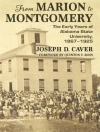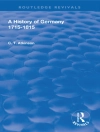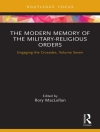In the mid nineteenth century a process began that appears, from a present-day perspective, to have been the first wave of economic globalization. Within a few decades global economic integration reached a level that equaled, and in some respects surpassed, that of the present day. This book describes the interpenetration of the German economy with an emerging global economy before the First World War, while also demonstrating the huge challenge posed by globalization to the society and politics of the German Empire. The stakes for both the winners and losers of the intensifying world market played a major role in dividing German society into camps with conflicting socio-economic priorities. As foreign trade policy moved into the center stage of political debates, the German government found it increasingly difficult to pursue a successful policy that avoided harming German exports and consumer interests while also seeking to placate a growing protectionist movement.
İçerik tablosu
List of Figures and Tables
Abbreviations
Introduction
Chapter 1. The German Empire in the World Economy Before 1914
Chapter 2. Foreign Trade Policy in the Free-Trade Era
Chapter 3. The Shift Towards Protectionism
Chapter 4. The Caprivi Trade Treaties
Chapter 5. The Conflict over the Bülow Tariff and the Genesis of the Customs Tariff Reform of 1902
Chapter 6. German Trade Policy in the New Century: A Study of Two Countries
Conclusion
Appendix
Sources and Bibliography
Yazar hakkında
Cornelius Torp is Lecturer in the Department of History at the Martin Luther University of Halle (Germany). He is the editor of Imperial Germany Revisited: Continuing Debates and New Perspectives (with Sven Oliver Müller, 2011) and the author of Max Weber und die preußischen Junker (1998).












